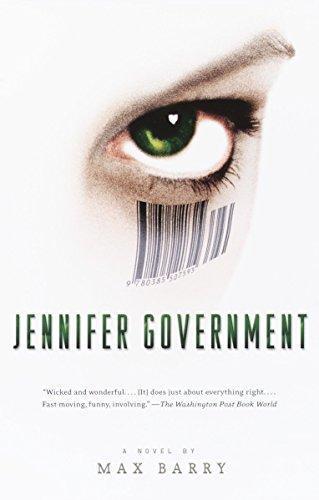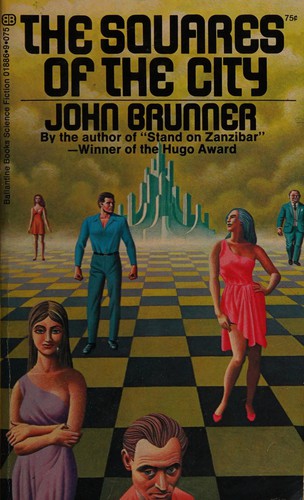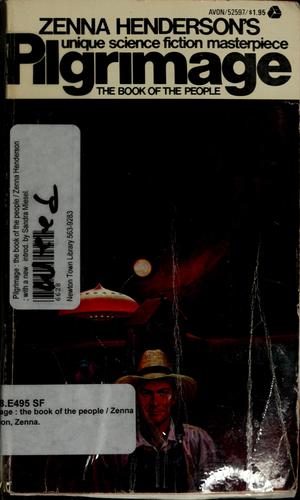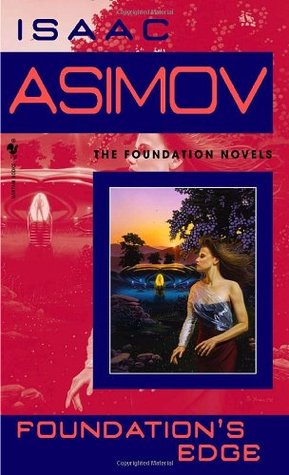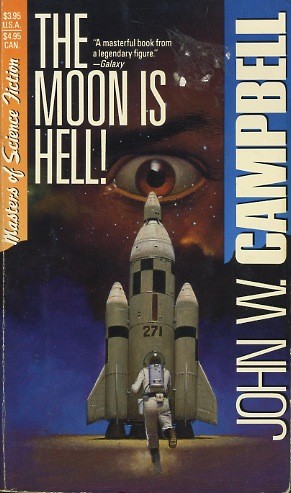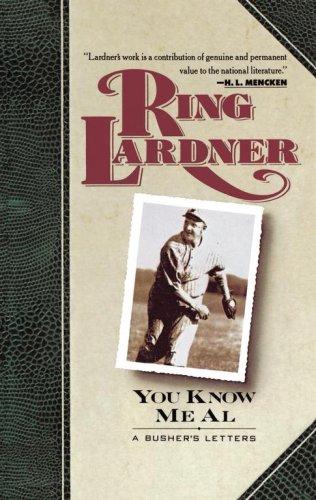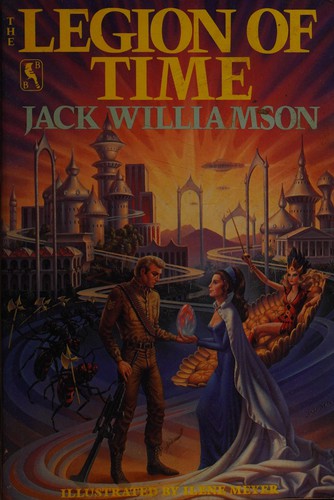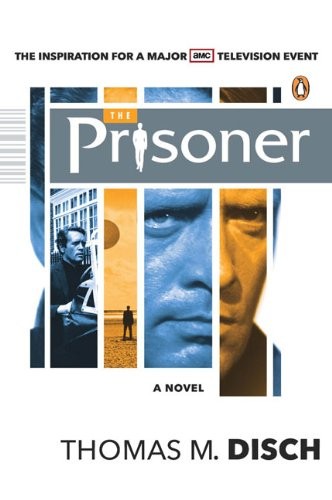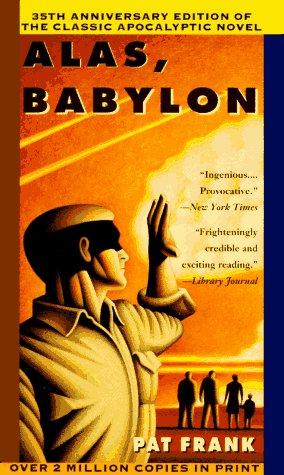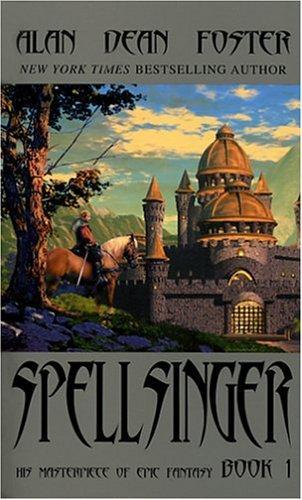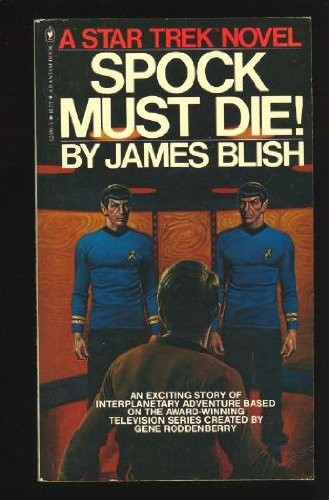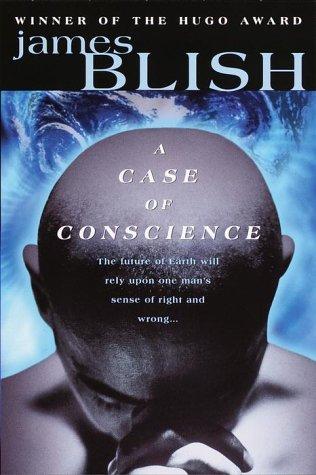Thom reviewed Spellsinger #02 by Alan Dean Foster
Another adventure in the Spellsinger series. Marooned in another universe, a young American musician leads …
Review of 'Spellsinger #02' on 'Goodreads'
3 stars
Picks up where the previous book leaves off and finishes the story; it wouldn't stand alone. Good characters grow from caricatures, and the protagonist experiences much growth. I must have read at least one more of these as a kid, because I haven't found the reference to the Sloop John B yet. Same rating as the first book.
This is a good stopping point; will likely reread the third book after I polish off a few of the twenty other series I haven't finished yet.


